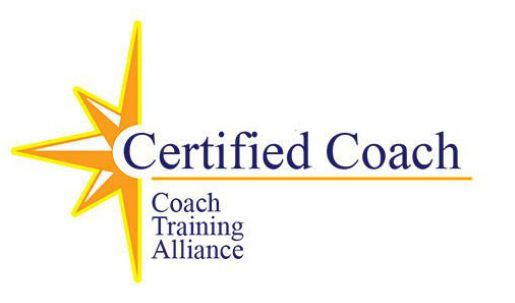
Healing from trauma requires a comprehensive approach that addresses the mind, body, and spirit. Trauma can deeply impact all areas of a person’s being, leaving lasting emotional scars, physical tension, and a sense of spiritual disconnection. Taking a holistic approach that incorporates all three aspects can offer a more complete path to healing, helping individuals restore balance and well-being in their lives.
Mind
Trauma affects the brain’s ability to process emotions and memories, often leading to anxiety, depression, and heightened stress responses. Addressing trauma on a mental level can involve practices that foster self-awareness and emotional regulation. Mindfulness meditation and cognitive-behavioral therapy (CBT) are valuable tools in this area, helping individuals become aware of their thoughts and patterns while reducing reactivity to distressing memories. Journaling is another effective practice, offering a safe space to explore emotions and process traumatic experiences.
Body
The body stores trauma in muscles, tissues, and the nervous system, often resulting in chronic pain, tension, and even illness. Releasing this physical manifestation of trauma is essential for healing, as unresolved tension in the body can keep individuals stuck in a cycle of stress. Somatic experiencing and yoga are two powerful practices that address trauma’s physical effects. Somatic experiencing uses slow, intentional movements to gently release tension stored in the body, while yoga combines breathwork, movement, and mindfulness to foster a sense of physical and mental calm. Breathwork is another valuable tool, helping people reconnect with their bodies and regulate their nervous systems, which can be especially beneficial for those who feel disconnected or dissociated.
Spirit
Trauma can cause a person to feel lost, disconnected from themselves, or even spiritually numb. Reconnecting with a sense of purpose and inner peace is a key part of the healing journey. Practices like meditation, prayer, and energy healing can help individuals feel grounded and supported by something larger than themselves. Spiritual practices foster a sense of connectedness, guiding people back to their core values and beliefs and helping them rediscover their resilience. For some, spending time in nature can also provide spiritual healing, offering a sense of renewal and peace.
The Holistic Impact
By approaching trauma with mind-body-spirit integration, individuals are able to release trauma on multiple levels, creating a well-rounded foundation for recovery. This comprehensive method enables people to reconnect with themselves, experience lasting relief, and cultivate a sense of wholeness. Holistic trauma release is not just about reducing symptoms; it is about rediscovering balance, resilience, and a deeper connection to life. Through this path, individuals find the strength and inner resources to heal fully and authentically.
